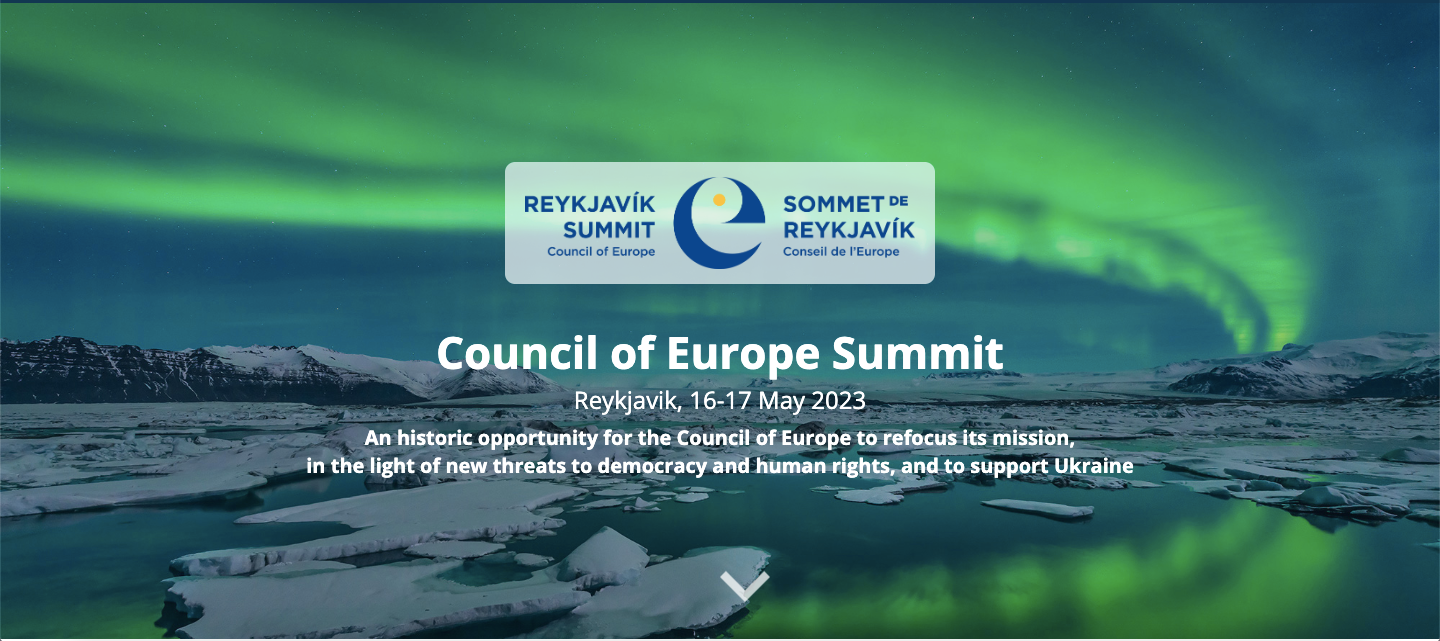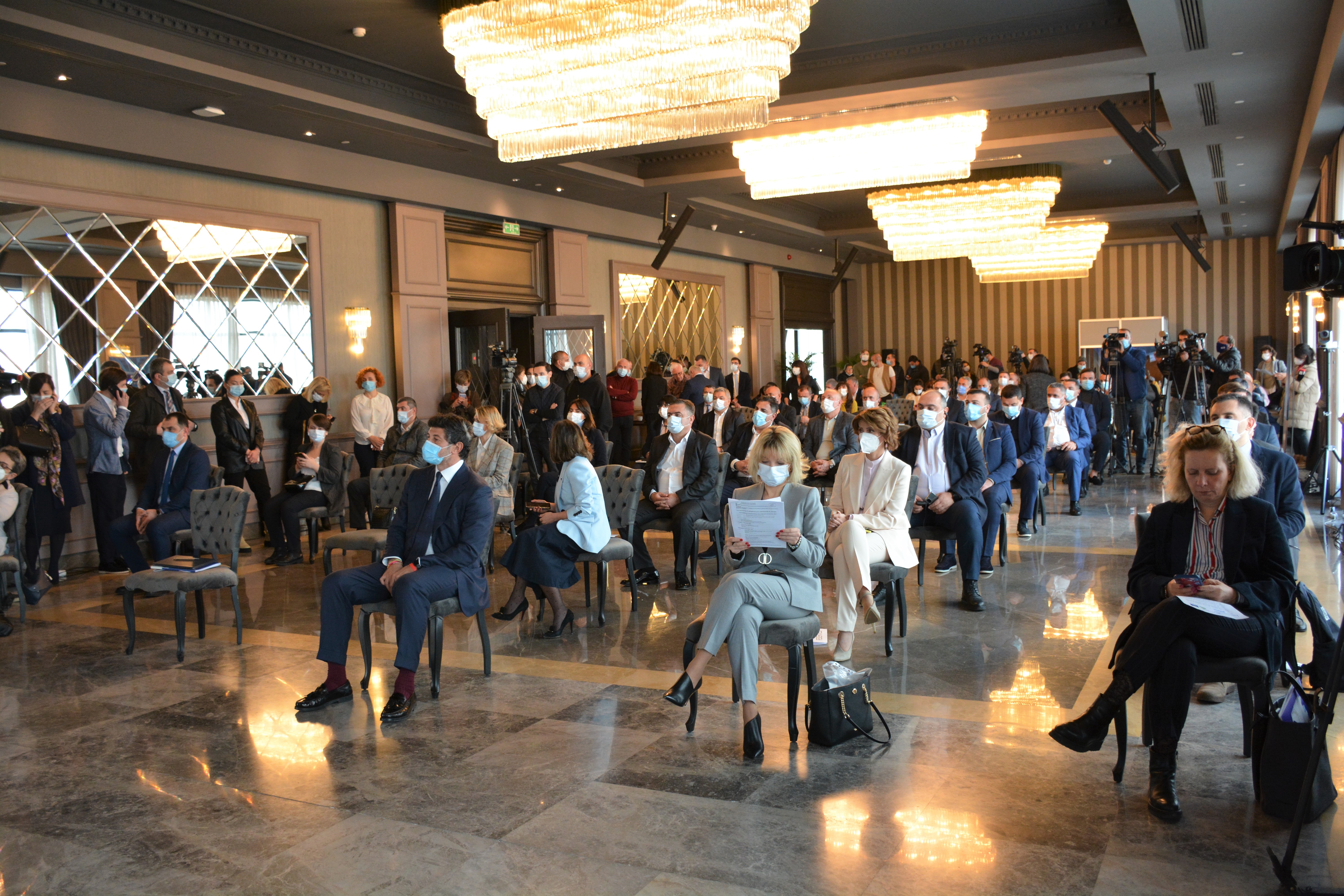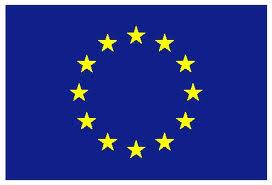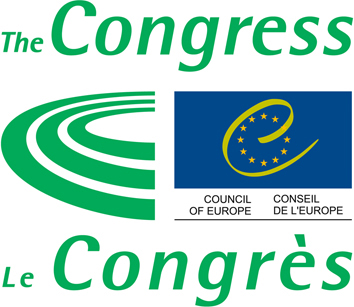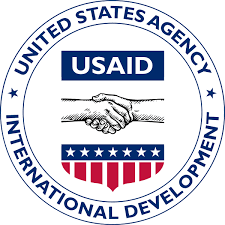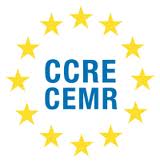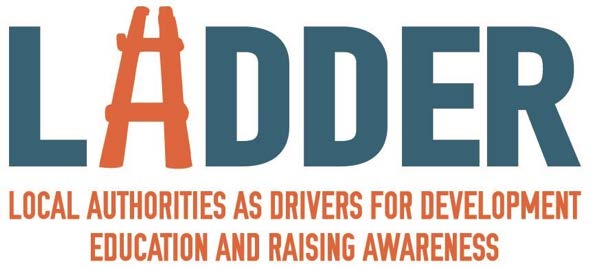Children and families in Georgia will benefit from the child-centred municipal social programmes as a result of a new initiative funded by the European Union (EU) and implemented by UNICEF in partnership with a local organization called the National Association of Local Authorities of Georgia.
The 18-month project titled “Supporting Municipalities in Developing Municipal Social Programs for Children and Families with Children” will assist 10 selected municipalities in developing social programmes tailored to the needs of the children and families with children.
The needs-based social programming model will be based on the methodology used by the EU Member States. It is a complex approach and serves to identify the needs of specific vulnerable groups of children and families, and based on the identified needs, to develop relevant municipal social programmes in a participatory manner.
The project will develop the social needs assessment guidelines and tools, provide trainings and on-job coaching to members of the local task force in pilot municipalities. The municipalities will also learn how to cost the social programmes. After the project’s implementation, evaluation of social programmes will be conducted in the 10 selected municipalities and best practices will be shared with all municipalities throughout the country. Municipalities will also acquire knowledge and tools on monitoring the implementation of the social programmes.
The role of local government in ensuring child protection and social welfare is important. Local self-government is closest to the citizen and the needs of the local community can be better identified and responded to at the local level. The project responds to the new role of municipalities defined by the Code of the Rights of the Child, adopted in 2019. Based on the Code, Georgian municipalities are granted a significant role in child protection and support. This role is two-fold: municipalities should be able to identify families and children in need and support them through social work and social services available in the community; additionally, municipalities should also be able to identify social needs in the community and address them by developing child-centred social programmes.
The three-year project ‘Strengthening Systems and Services for Child Protection in Georgia’ is funded by the European Union. It aims to strengthen legislation, policies and guidelines that support the de-institutionalization process and to enhance the capacity of the professional workforce at central and municipal levels to support and protect children and families in Georgia.



